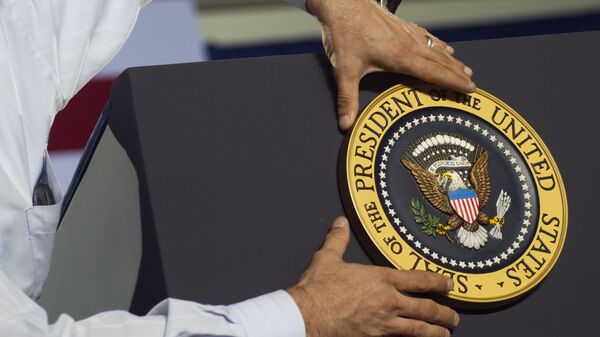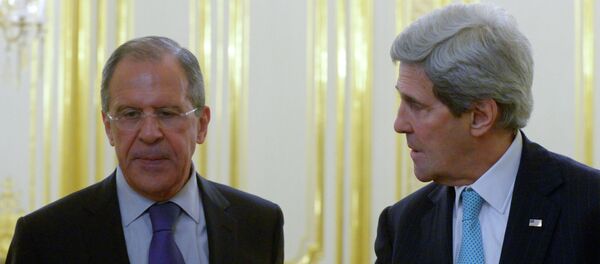The Kremlin has more to talk about with American Republicans than Democrats, the National Interest noted.
According to the media source, the period of the most fruitful relations between Russia and the United States concurred with the rule of the first Republican President of the US, Abraham Lincoln, and Russian Emperor Alexander II.
"These leaders shared a contemporary challenge of abolishing slavery within their nations — with Alexander II ending serfdom in 1861 and Lincoln ending slavery in 1863. Alexander also followed America's example by instituting trial by jury and authorizing local government. At a time of upheaval in both nations, diplomatic relations were durable and effective," the media outlet noted.
On the other hand, Moscow and Washington have certain common interests in the oil market. Since the United States has not yet lifted its ban on selling America's oil reserves abroad, US oil corporations are seeking new sources of crude oil in order to improve their business outcomes. And Russia has these rich oil reserves.
According to Derek Norberg, President of the Council of US-Russia Relations and Executive Director of the Russian American Pacific Partnership (RAPP), "a cooperative agreement over tapping Arctic oil reserves could thaw US-Russia relations."
Furthermore, the Pew Research Center has recently exposed that the American Republican Party has received the public support for its firm stance against Islamic terrorism. And strikingly similar values are shared by the ruling United Russia party in Moscow.
"At the very least, it would appear that modern Russia has more to talk about with American Republicans than American Democrats," the media outlet concluded, claiming that the two great nations still have a chance to revive their partnership and dispel the clouds of prejudice and mutual mistrust gathering on the horizon.




